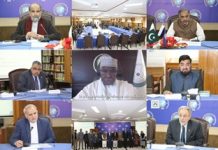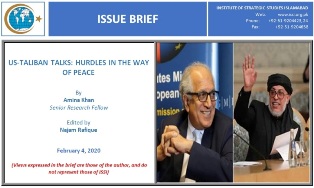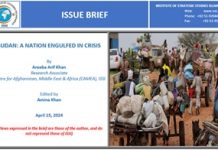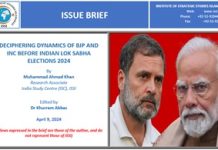July 2018 marked the beginning of the first official and direct US-Taliban talks in Doha, Qatar,[1] igniting hopes for a peaceful settlement to end the Afghan war. After nine strenuous rounds of direct talks between representatives of the Taliban headed by Sher Abbas Stanakzai and Zalmay Khalilzad, the US special representative for Afghanistan Reconciliation, it appeared that both parties had reached an “an agreement in principle” [2] to finally end the Afghan conflict, which included the ”withdrawal of 5,000 troops within 135 days,” if the Taliban honored their conditions (in the agreement).”[3] However, neither side spoke about the two other core issues so pivotal for peace, namely: a ceasefire and intra-Afghan talks between the Taliban and the Afghan government. While optimism had been generated for imminent peace, it did notlast long. On September 9, 2019, in a sudden move of events, President Trump declared that the talks with the Taliban were effectively “dead”, due to the killing of a US soldier. [4]
Home ISSI Publications Articles Issue Briefs Issue Brief on “US-Taliban Talks: Hurdles in the Way of Peace”















